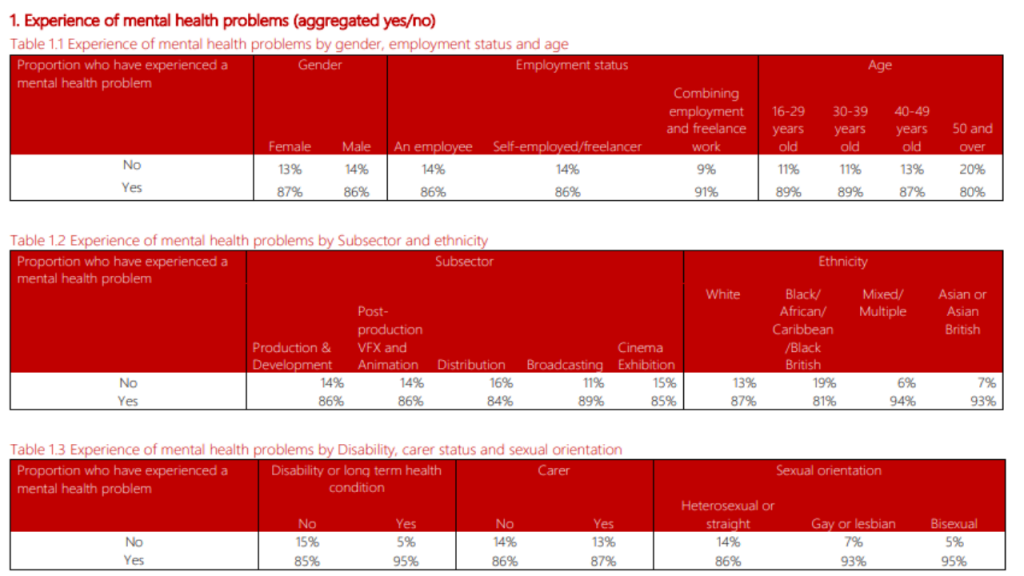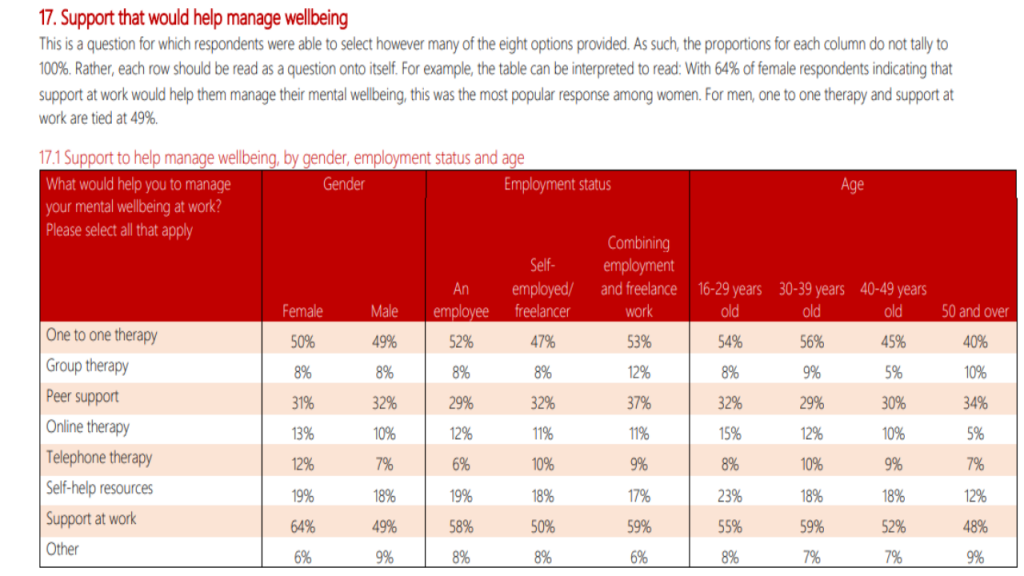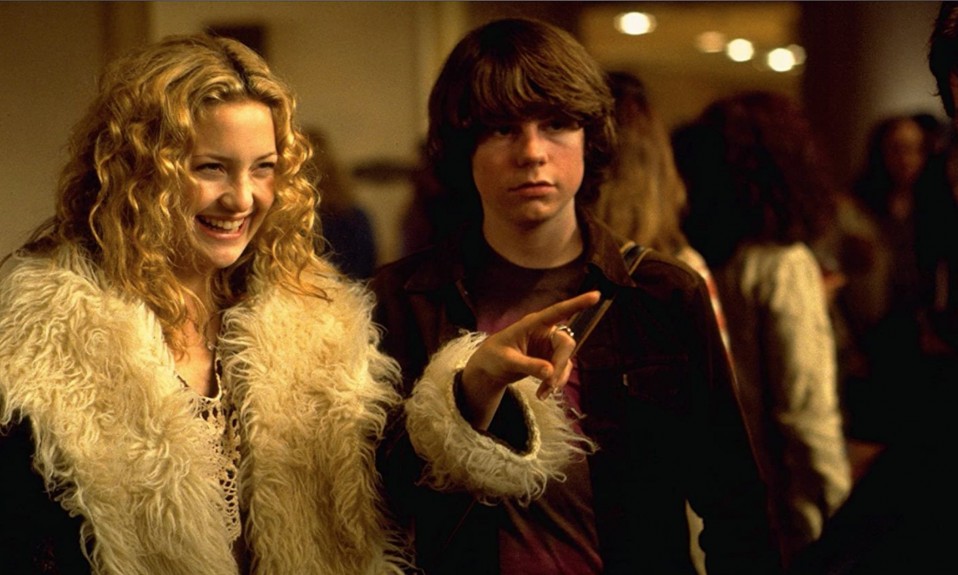Whether it’s helping during the pre-production, working on-set or doing the promotion, working in the film and television industry is the dream job for many of us. However, the creative industry can be a very hard one to work in. The long and irregular hours, the doubts about having the next project and an uneven work-family balance can result in many sleepless hours and stressful days. According to The Looking Glass, the report from Film and TV Charity, this sadly also causes mental health issues. Time to act!
Alarming results
The survey of Film and TV Charity was filled in by 9,399 respondents. Based on the big amount of participation, it’s clear that people working in the creative industry want to address mental health issues. After analysing the responses, it becomes clear why.
According to the survey, 87% of the people working in film, television, and cinema had to deal with a mental health problem. This is 22% more than all the people across the UK (65%). The amount of people who experienced depression is lower but equally devastating. While 42% of the people nation-wide already had to deal with it, 65% of people working in the creative industry had to overcome depression. What’s even more worrying is the number of people that deliberately harmed themselves (24% people working in the creative industry versus 7% nationwide) or tried to take their own life (55% of the respondents versus 20% of people nationally).

Credit: The Film and Television Charity
Worrisome working conditions
The biggest element that contributes to the shocking numbers are the working conditions. As mentioned before, the long hours are one of the factors. The survey concludes that more than 1 in 8 respondents work more than 60 hours per week (versus in other 1 out of 50 in other industries). 57% of them also mentioned that they don’t have enough control over their working hours and that it harms their wellbeing and mental health. The work-life balance is also a significant problem. People can’t spend time with family or can’t have a relaxing day. According to the survey, the stress increased immensely during the last few years due to the intensifying of the workload.
Other frightening triggers
There are also other aspects that cause mental health issues. One of those is the working environment aka the culture. Probably one of the most disturbing results is that 56% of the people already experienced bullying and intimidating behaviour. On top of that, it’s difficult to speak out against inappropriate behaviour or to ask for help because of the power imbalance between the people. Another reason why it’s hard to speak up is that people (43%) are afraid to be judged by others if they know that they were experiencing mental health problems.
Another trigger is that people feel that they can’t get the right support to grow and learn. This is causing even more stress, especially because of the lack of recognition. It becomes worse if people in the creative industry have to deal with vulnerable contributors or distressing or challenging content. In both cases, they don’t get the mental support they need to look after their wellbeing.
Three main solutions to help out
Based on the survey, there would be many solutions to decrease the number of people having to deal with mental problems. The three main solutions would be one-on-one support, support at work and peer support. The reason why one-on-one support isn’t functioning as it should be is the cost. To decrease the cost, the survey identified solutions such as the possibility of therapy co-located at studios, post houses and other large employers and also digital options (video calls, computer-based CBT, etc). It’s incredibly important the people can get support at work. This can be getting access to resources both managers and employees could use to have a conversation about mental health issues. The most important resource that’s already available is the Wellness Action Plans by the mental health charity, Mind. Having more peer support would result in acceptance, the increase of self-confidence and the development of more skills.

Source: Film and Television charity
Also Read: Netflix By The Numbers













